Electromagnetic Flowmeters are valuable for measuring wastewater intake and treated water discharge
May 2, 2023 2:04 pm
A recent promising development, Microbial Fuel Cells (MFC), use bacteria to consume sludge in existing wastewater. As a result of this consumption, charged electrons are produced and can be utilised to generate electricity, details Manish Dixit from ABB India.
How do new technologies, such as Thermal Hydrolysis and Microbial Fuel Cells, address the handling challenges of traditional water and sewage treatment processes?
Traditional water and sewage treatment processes create large amounts of sludge that pose significant handling challenges. New technologies are emerging to address the problem in response to this issue. For example, Thermal Hydrolysis is a process that treats wastewater and converts the resulting sludge into biogas, reducing waste and generating usable fuel.
Another promising development is Microbial Fuel Cells (MFC), which use bacteria to consume sludge in existing wastewater. As a result of this consumption, charged electrons are produced and can be utilised to generate electricity. Lab results for MFC are encouraging, suggesting that if produced on a large scale, it could greatly reduce the need for fossil fuels in electricity generation.
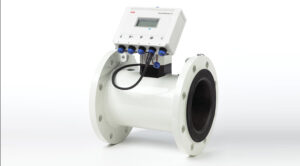
What measurement solutions has ABB provided for water and wastewater systems, and how have these solutions been utilised in various water projects in India?
ABB has established itself as a leading provider of measurement solutions for water and wastewater systems. Its extensive range of analytical products is used worldwide to monitor water quality, while its expertise in measuring flow, level, and pressure has benefitted numerous utilities. In India, ABB has been involved in several water and wastewater projects, including deploying battery-powered electromagnetic flowmeters for the textile industrial cluster in Surat. These meters feature built-in data logging and wireless data transmission capabilities, ensuring accurate billing based on actual consumption and promoting transparency in groundwater usage.
Additionally, ABB has supported rural drinking water schemes in the Indian states of Karnataka and Rajasthan, specifically in the villages of Koppal and Banswara. By utilising integrated, battery-powered solutions for flow and pressure monitoring within the water network, ABB has enabled measurement in areas where power accessibility was previously challenging. These solutions come equipped with inbuilt data logging and wireless data transmission capabilities, providing centralised, secured data without additional hardware. By monitoring supply and consumption patterns, local bodies can better manage their water networks and make informed decisions about future investments based on reliable and time-stamped data.
How have Electromagnetic Flowmeters been used to measure wastewater intake and treated water discharge?
Electromagnetic Flowmeters have proven to be a valuable solution for measuring wastewater intake and treated water discharge. By accurately measuring the amount of water being treated, these Flowmeters help to monitor plant efficiency and maintain records. One of the key benefits of using Electromagnetic Flowmeters is their ability to provide highly accurate measurements cost-effectively, without the need for moving parts that can obstruct the flow path. This also results in minimal pressure drop in the line, which helps save energy costs
Cookie Consent
We use cookies to personalize your experience. By continuing to visit this website you agree to our Terms & Conditions, Privacy Policy and Cookie Policy.



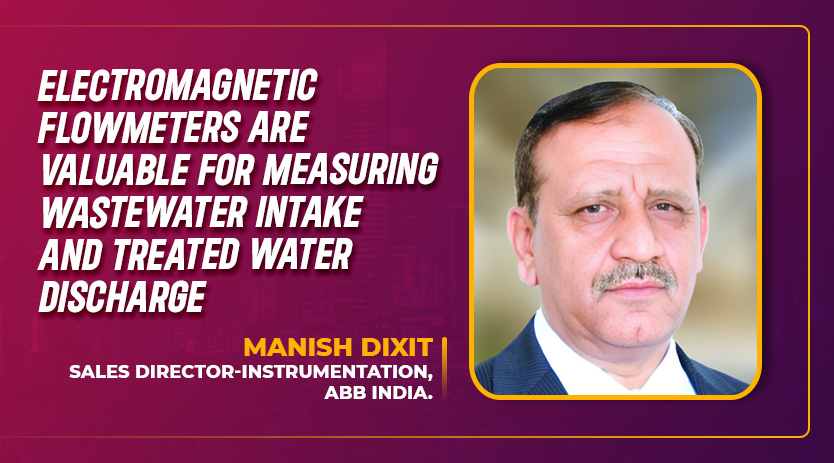
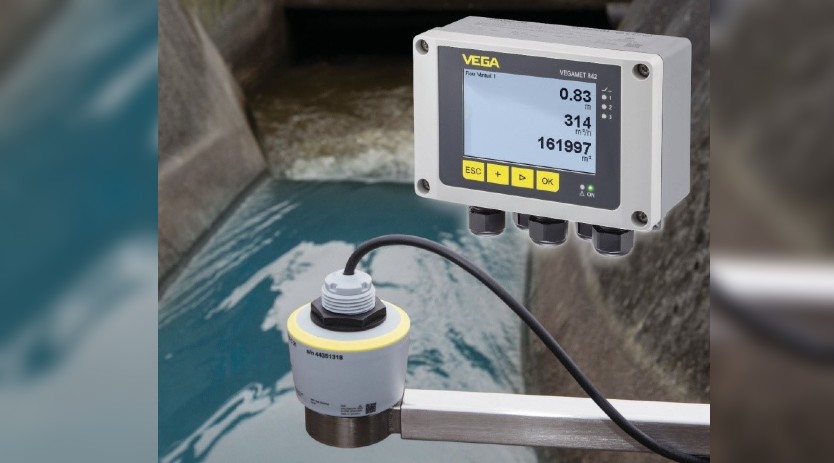

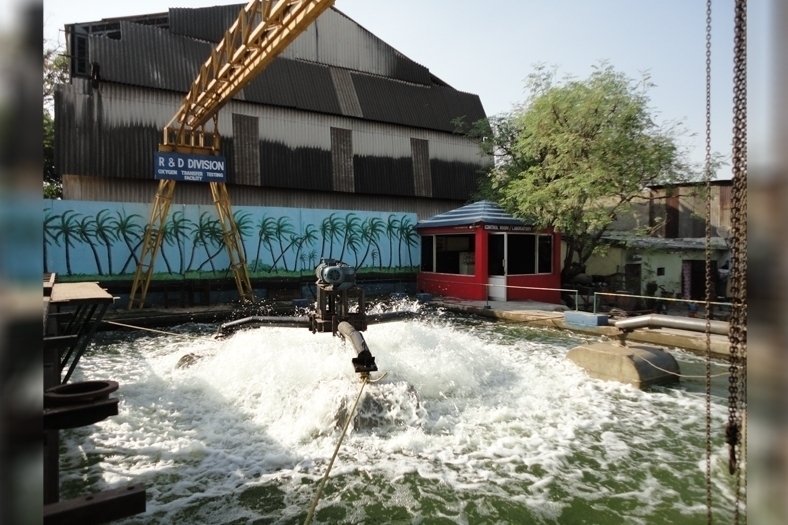
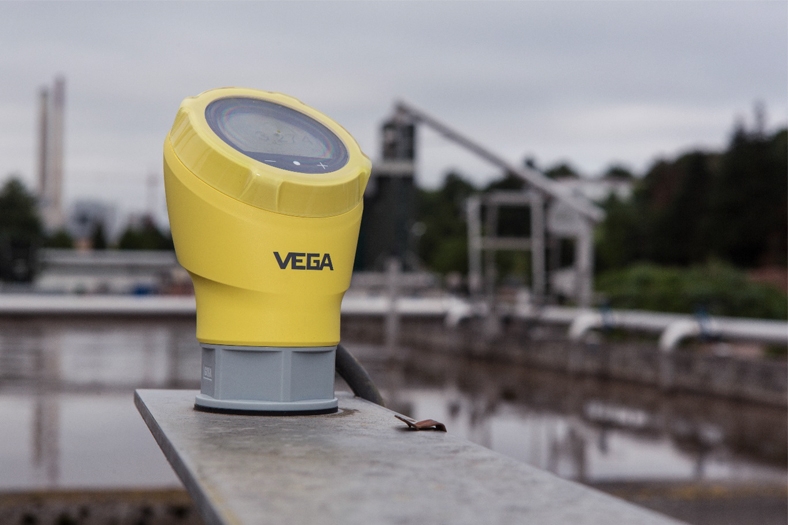



 English
English Hindi
Hindi